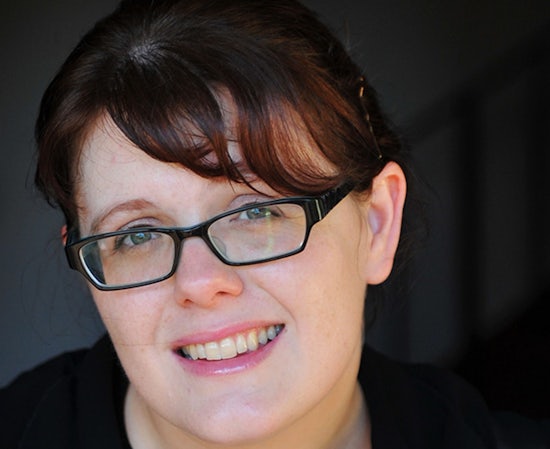Smart phone app to help people with Parkinson’s
A smartphone app has been developed to help monitor and improve treatments for people with Parkinson’s disease.

Researcher Dr Jacki Liddle from the UQ Centre for Clinical Research.
Researchers from The University of Queensland (UQ) and CSIRO are using smartphone technology to monitor the symptoms and wellbeing of people with the disease.
Dr Jacki Liddle, from the UQ Centre for Clinical Research, said new smartphone applications were being developed to measure and understand the symptoms, daily activities and response to medication of people with Parkinson’s.
“The app is part of a larger monitoring system that uses, among other things, micro-sensors worn on the body to monitor patients’ movements and voice patterns,” Dr Liddle said.
“The data collected will be sent wirelessly to a portal and communicated to research and clinical teams, enabling a timely response to issues that occur.”
By monitoring people’s movements and participation in their communities, researchers can gain important insights into the lives of people with Parkinson’s, the nature and timing of their needs and the contributions they make to the community.
The app update has been announced in the lead up to World Parkinson’s Day on Friday, 11 April.
Simon McBride, from CSIRO’s Australian E-Health Research Centre, said the new technology would give a clear indication of treatment outcomes on the person’s health and their daily life.
“Parkinson’s disease is progressive, with symptoms that can fluctuate throughout the day,” Mr McBride said.
“Diagnosis and determining accurately the most appropriate levels of medication or stimulation require careful monitoring of symptoms and outcomes.
“Symptoms are monitored through brief clinical assessments or in a laboratory situation. Smartphones are ideal for monitoring symptoms and participation in the community while individuals are conducting their usual activities at home.”
Researchers trialled the GPS-tracking component of the technology during the Parkinson’s Unity Walk in September and Dr Liddle said she was pleased with the results.
“This new technology will reduce the burden and costs associated with clinical assessments and give a more accurate indication of the impact of Parkinson’s disease and treatments on people’s lives,” she said.
The research team is seeking funding to complete the project and hopes to have the technology available within two years.
Can we measure Parkinson's symptoms via Skype?
Dr Jacki Liddle is urgently looking for individuals with Parkinson’s to participate in an unrelated study titled, ‘Can we measure Parkinson’s symptoms via Skype?’
She is looking into whether measures of Parkinson’s disease and of memory and thinking skills can be conducted via Skype (or other platforms such as FaceTime or Google Hangouts) to save clinic visits and make check-ups easier and more timely for patients.
For more information, click here.











![The new Aged Care Act exposure draft is slated for release in December of 2023, but advocates hope to see it rolled out on January 1, 2024. [Source: Shutterstock]](https://agedcareguide-assets.imgix.net/news/articles/wp/agedcareact__0811.jpg?fm=pjpg&w=520&format=auto&q=65)












Comments